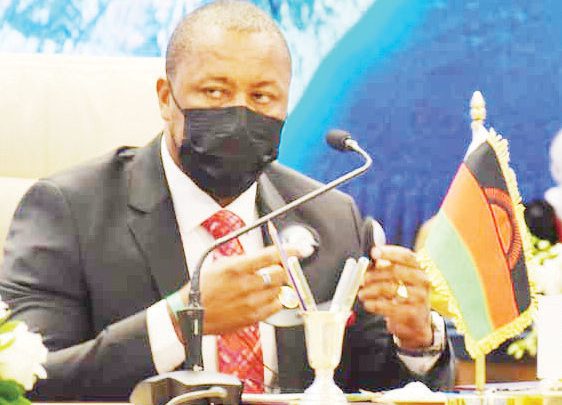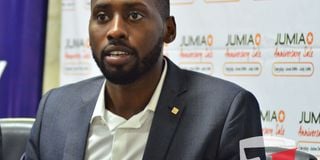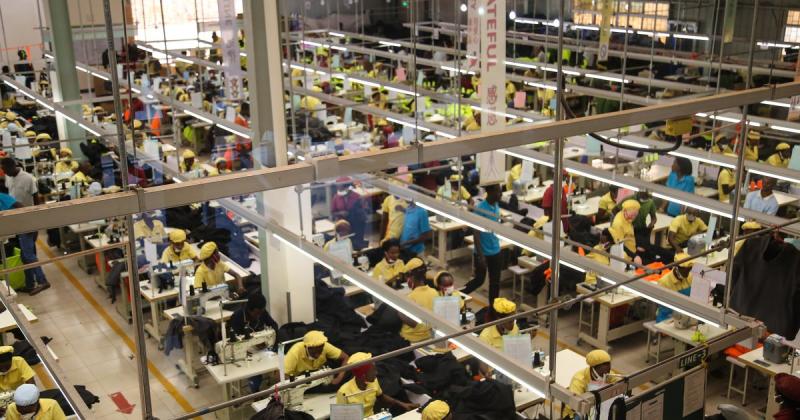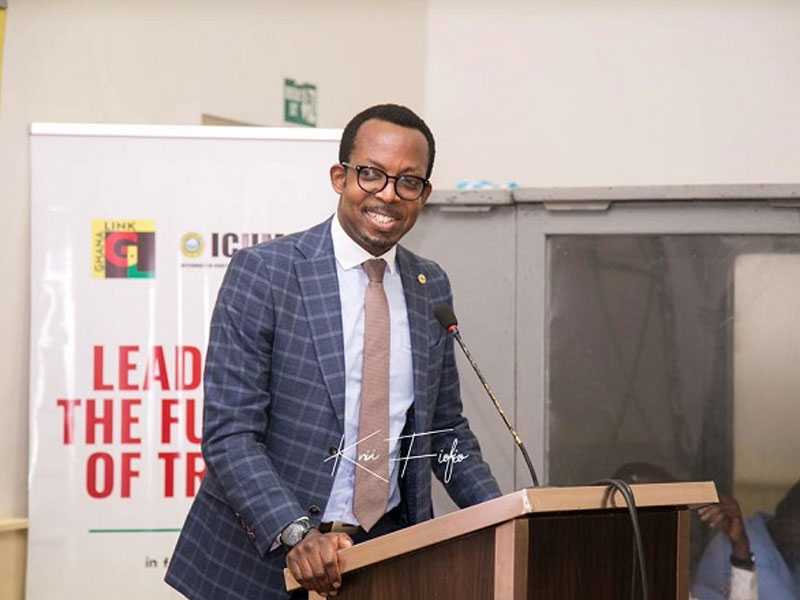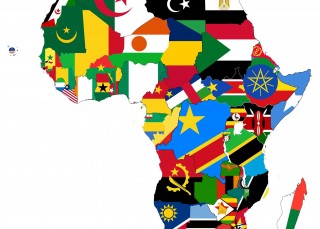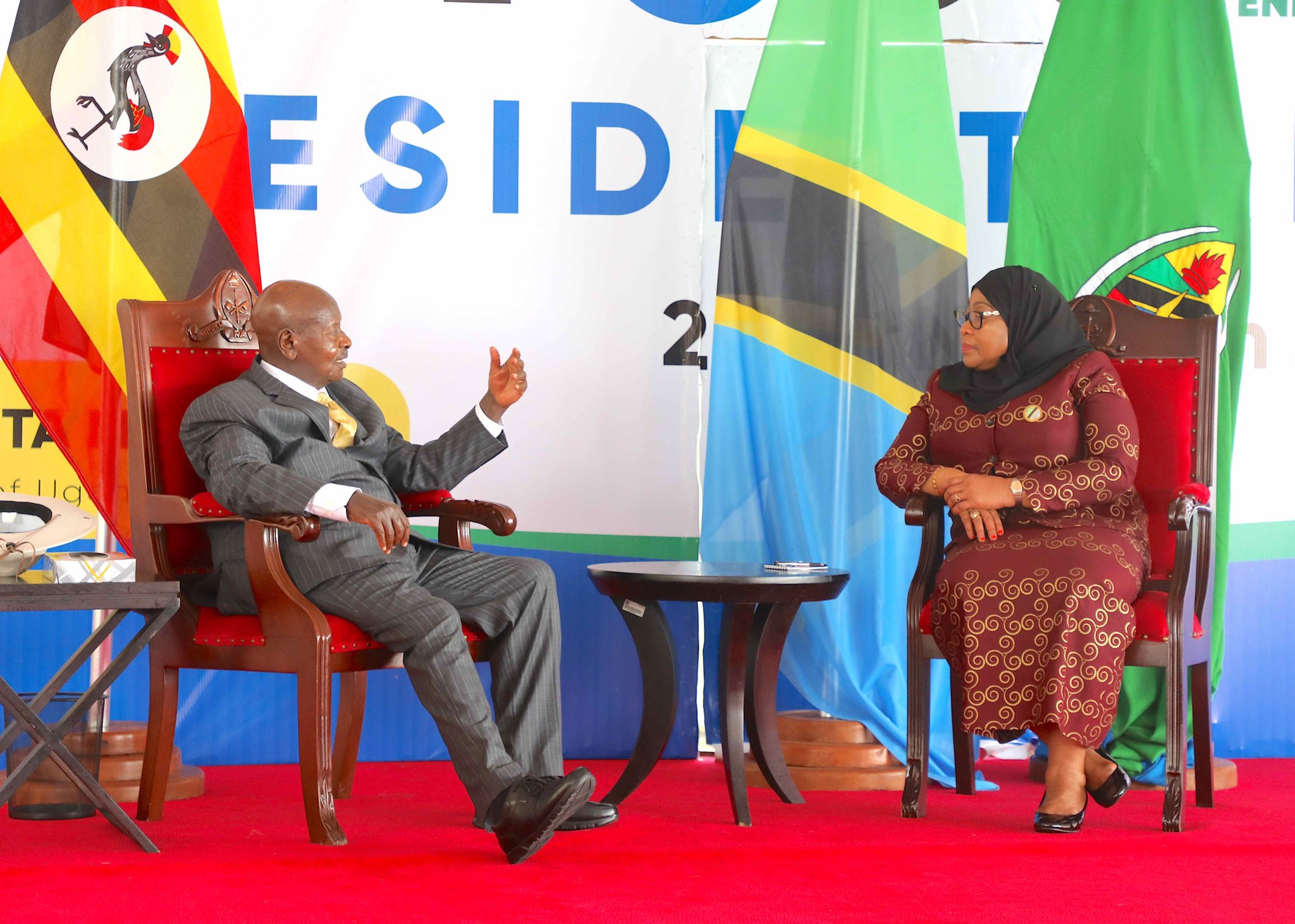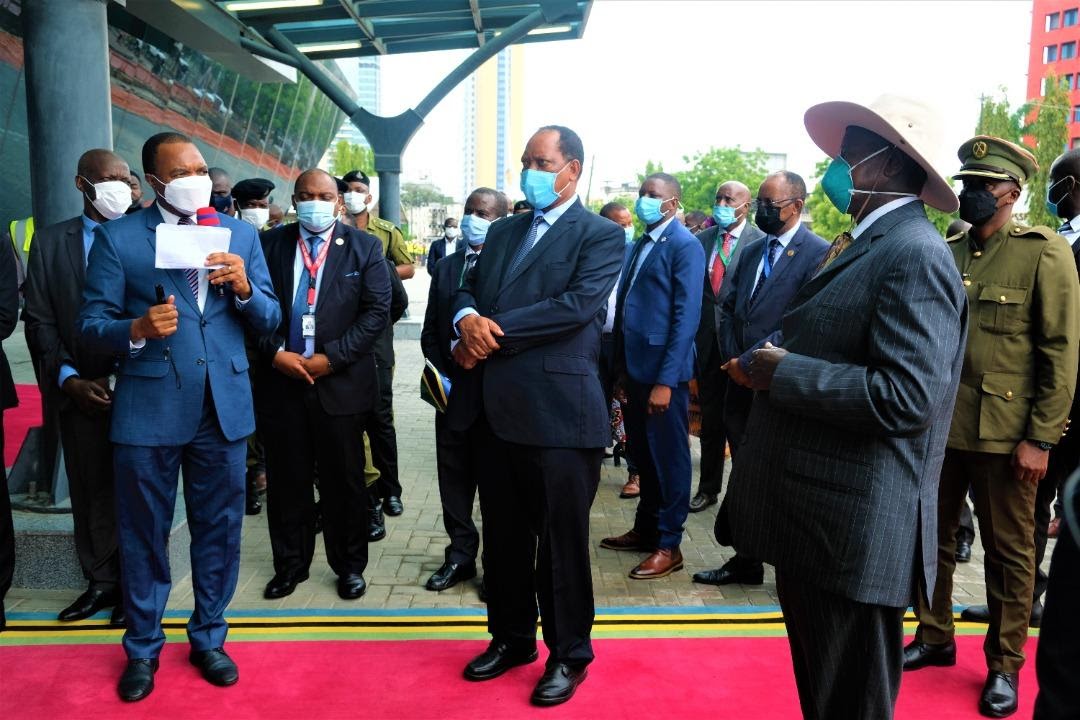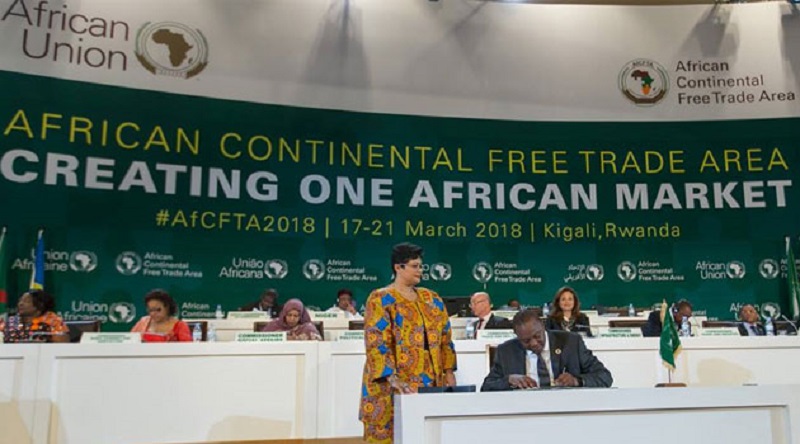Vice President Salous Chilima on Tuesday addressed the 21st Common Market for the Eastern and Southern Africa (Comesa) summit in Egypt with a call for the regional block to move swiftly in adopting digitalisation and developing economic recovery plans following the devastation of the Covid pandemic. Chilima—who during the Sadc Summit in Lilongwe urged member states to embrace digitilisation and e-government—is representing President Lazarus Chakwera at the summit. Advertisement He said there was urgent need for Comesa to develop a robust economic recovery plan in order to build back economies because soon Covid will no longer be an excuse to people. “The Covid pandemic has reversed some of the gains that we had achieved over years in our respective countries. We, as Malawi, also have had our fair share of the negative impact that the pandemic caused on the economy,” he said. Chilima said on regional level, the value of Comesa’s total exports to the world decreased by 27 percent from $123.4 billion in 2019 to $90.3 billion in 2020, while the value of Intra-Comesa total exports declined by 11 percent from $10.9 billion in 2019 to $9.7 billion in 2020. Advertisement “What is more worrying is that the uptake of vaccines in the region is currently less than three percent. Therefore, as a response, we need to develop a robust economic recovery plan. “We need to build back. We need to build resilience. Soon Covid 19 will no longer be an excuse to our people. As a regional group,...
Vice President talks digitilisation at Comesa Summit
Posted on: November 29, 2021
Posted on: November 29, 2021

